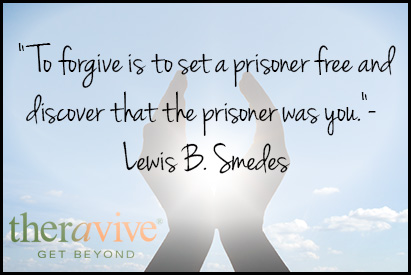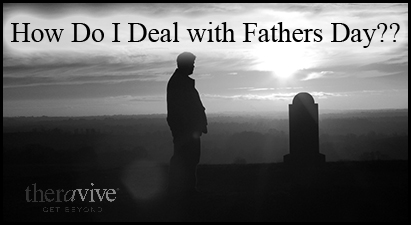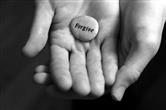August 12, 2014
by Caleen Martin

Are you angry and bitter every time you think of someone who has wronged you? If so, you're human but also probably living a more stressful and unhealthy life than you need to be. The problem with allowing others to control our emotions is that we cannot control what others do. If someone doesn't live up to our standards and expectations we allow them to destroy our happiness. We think that they have to do something in order to allow us to move forward.
[More]
One only has to turn on the television to see yet another case of youth violence. It seems that it is happening more and more often, from school shootings to cases of bullying so severe that the victim takes his or her own life. Too often, youth are turning to emotional and physical aggression to solve problems and cope with their own feelings. The causes of youth violence are complex, and many of us struggle to understand why it happens.
[More]
June 18, 2014
by Caleen Martin

Why is it that we are so good at caring for others and so dysfunctional when it comes to caring for ourselves? Our culture has trained us to be givers, not takers. The problem is that being the proverbial 'good girl/boy' will literally rob us of our lives. We find that we never seem to have time for ourselves, our relationships become one-sided and we become more resentful towards others over time.
[More]
June 13, 2014
by Marti Wormuth, MA

Many people have lost a parent, but very few people have had to deal with the pain of losing a child. It can be a really difficult thing to go through if you're a parent, and sometimes, the pain that fathers deal with during it is left behind. Both mothers and fathers have to work through the heartache, albeit differently, so it's important to take a look at that pain and see what we can do in order to help our way through it. Father's Day is coming up, and this day can be incredibly painful and heartbreaking for fathers who have lost a child in some way, shape or form.
[More]
What exactly is shame? Shame is a painful emotion backed by guilt and embarrassment. Every person has experienced shame at one point or another depending on a variety of circumstances. But, we are not born ashamed.
[More]
May 7, 2014
by Caleen Martin

Change Your Words, Change Your Worth is the mantra used by Adam Braun, founder of Pencils for Promise. His story is about the language of business and how he found a creative way to engage with other prominent entrepreneurs and not lose them the moment he began discussing his non-profit organization. Braun realized very early on that the terminology he used could make or break the connections he formed in the business world. Those of us living in the world of Fibromyalgia have also found this same issue regarding the discussions we have about our health.
[More]
October 29, 2013
by Casey Truffo, LMFT

Forgiveness isn't easy but holding grudges and clinging to past hurt only makes matters worse. Learn why it's so important to let go and move forward, for ourselves AND those who are important to us.
[More]
October 8, 2013
by Casey Truffo, LMFT

No matter how legitimate the grievance, harboring resentment does neither you nor the relationship any good. So what do you do when that old hurt keeps rearing its ugly head?
[More]
October 1, 2013
by Casey Truffo, LMFT

Anger is a normal and even healthy emotion, but it's imperative to deal with anger in a positive way or it can wreak havoc on yourself and your relationships. Here are 8 vital tips on how to control your anger before it controls you.
[More]
September 29, 2013
by Christie Hunter

Women often deal with jealousy different than men. And when one woman is jealous of another woman, this can lead to hardship. Here are some things to consider in restoring everyone involved.
[More]